11 GPTs for EHR Integration Powered by AI for Free of 2026
AI GPTs for EHR Integration refers to the application of Generative Pre-trained Transformers within the realm of Electronic Health Records (EHR) systems. These advanced AI tools are engineered to enhance, automate, and streamline the processing, management, and analysis of medical records. They leverage natural language processing to understand and generate human-like text, making them highly effective for tasks like summarizing patient histories, generating clinical documentation, and facilitating efficient data retrieval. By integrating GPTs into EHR systems, healthcare providers can improve patient care, optimize workflow efficiency, and ensure more accurate and timely access to critical health information.
Top 10 GPTs for EHR Integration are: Progress Notes AI™,Doctor SOAP Note,Mental Health DocuGen,Mental Health Affairs Progress Note Assistant,Lab Reviewer & Letter Writer,Nurse Bot,DDx GPT,高血压CDSS,Chiro Assistant,Clinical Manager
Progress Notes AI™
AI-Powered Clinical Documentation
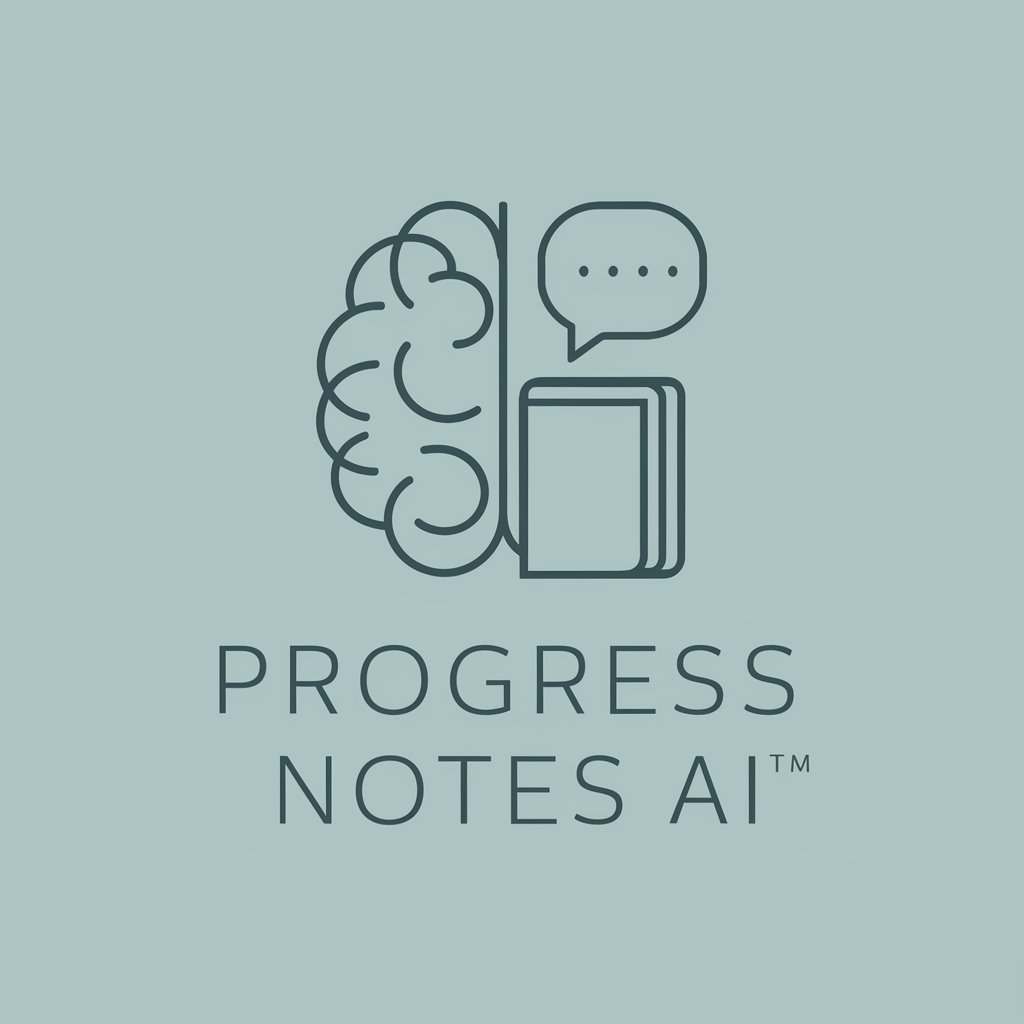
Doctor SOAP Note
Streamlining Medical Documentation with AI
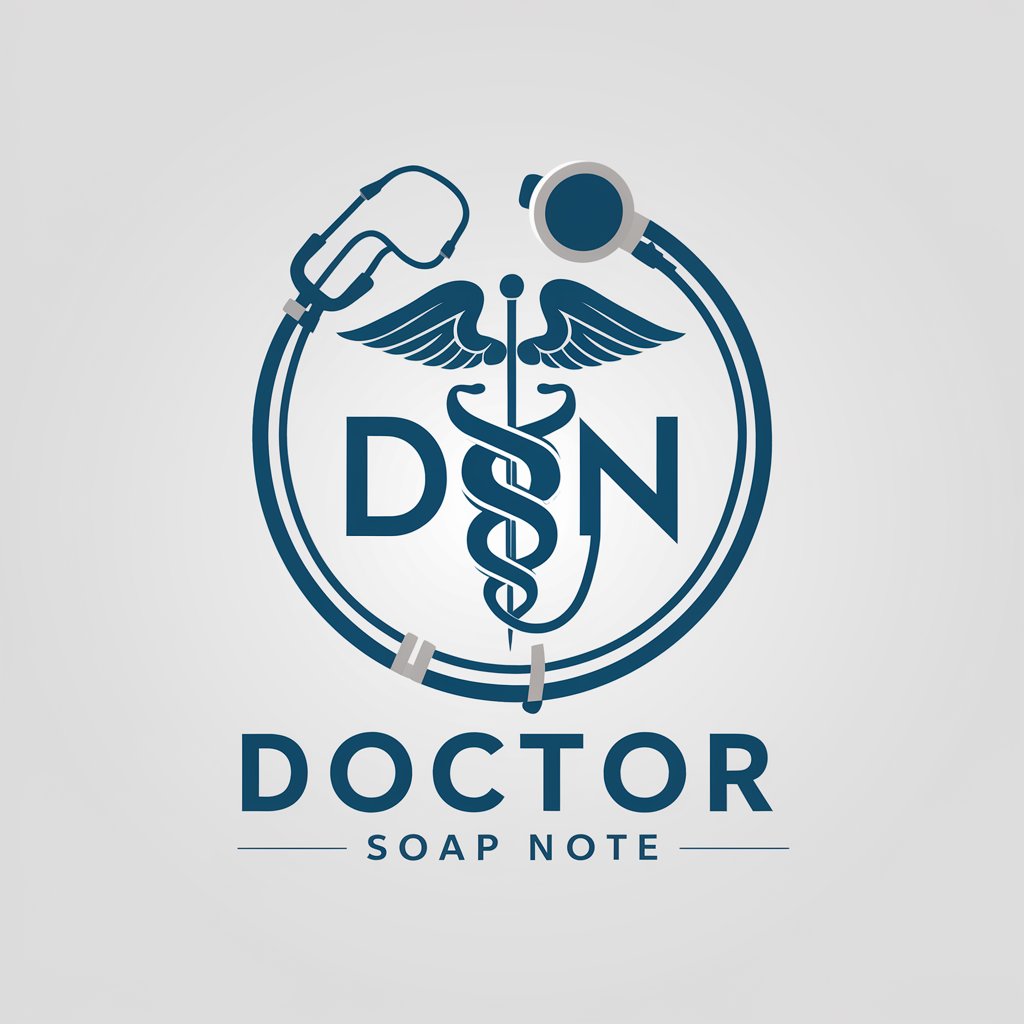
Mental Health DocuGen
Streamlining Mental Health Documentation with AI
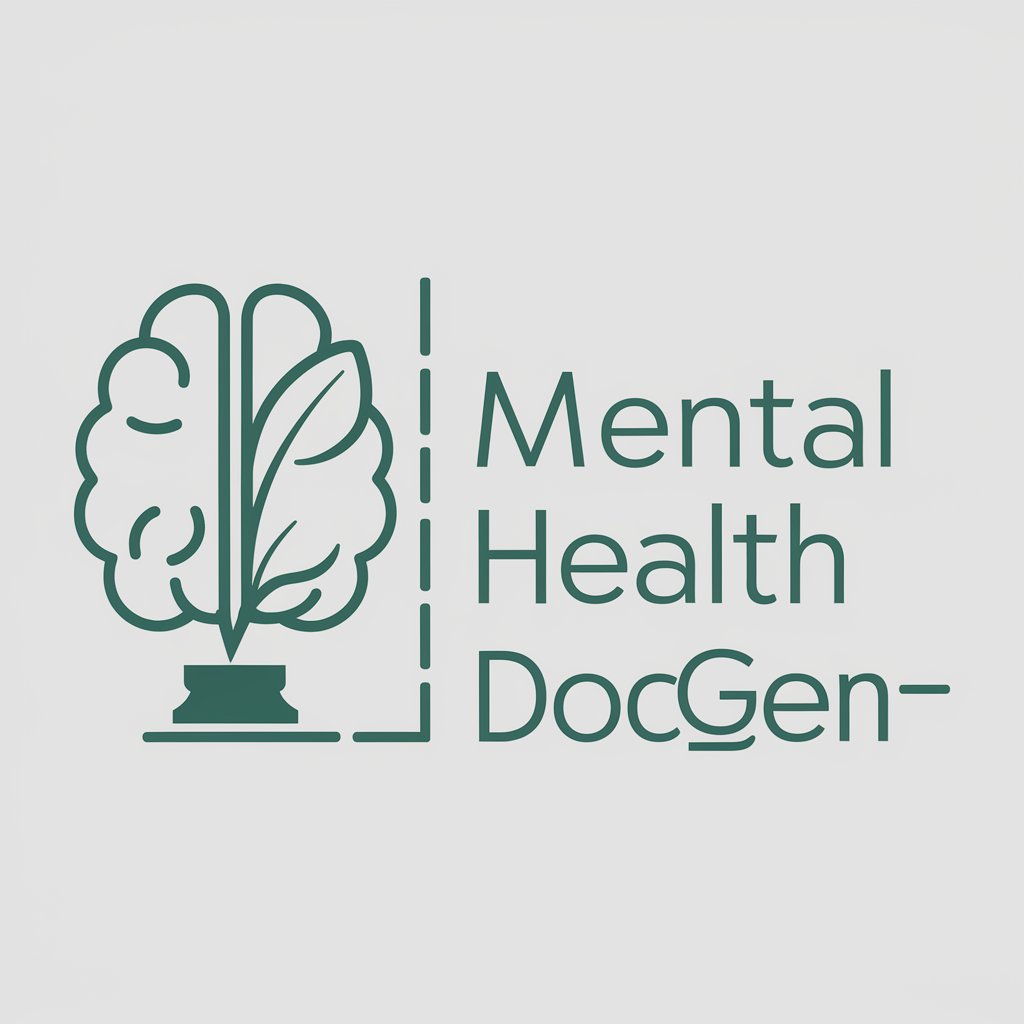
Mental Health Affairs Progress Note Assistant
Streamlining Therapy Notes with AI
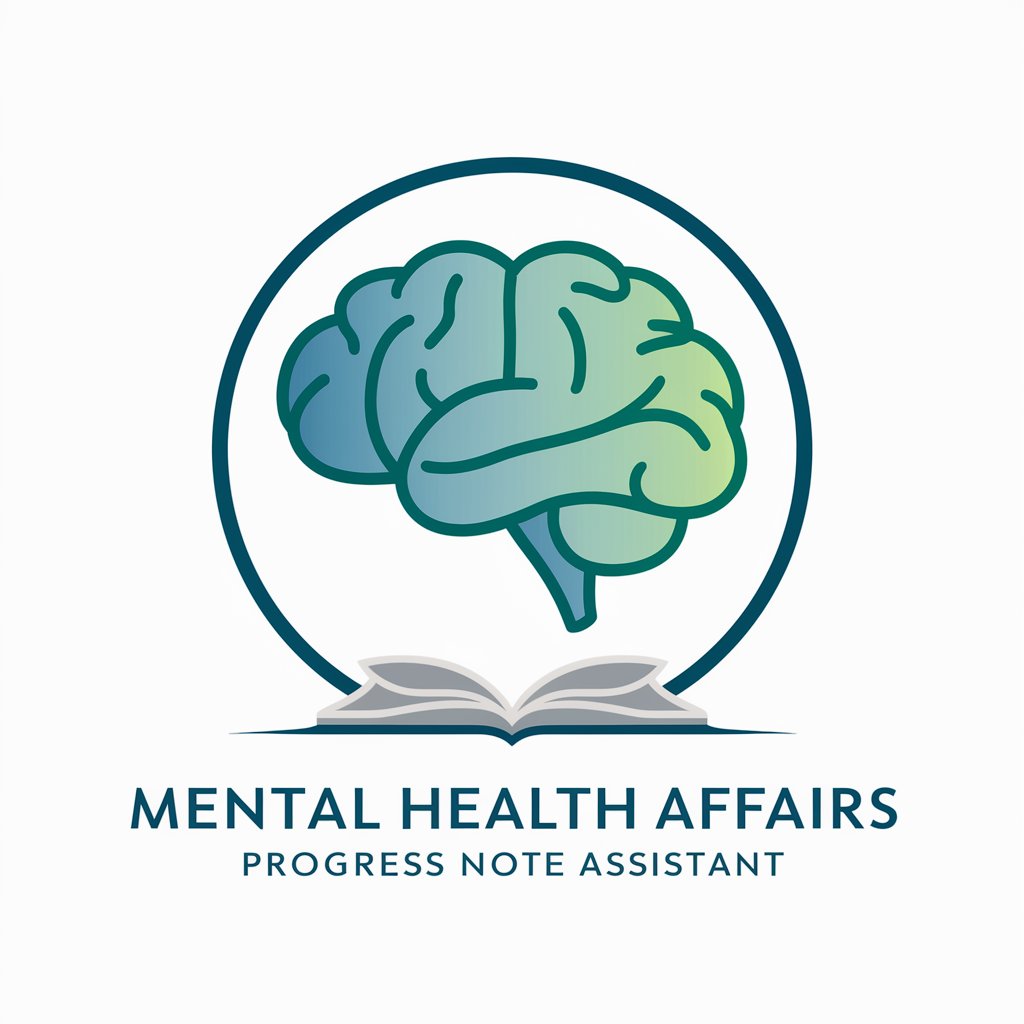
Lab Reviewer & Letter Writer
Transforming lab results into patient insights.
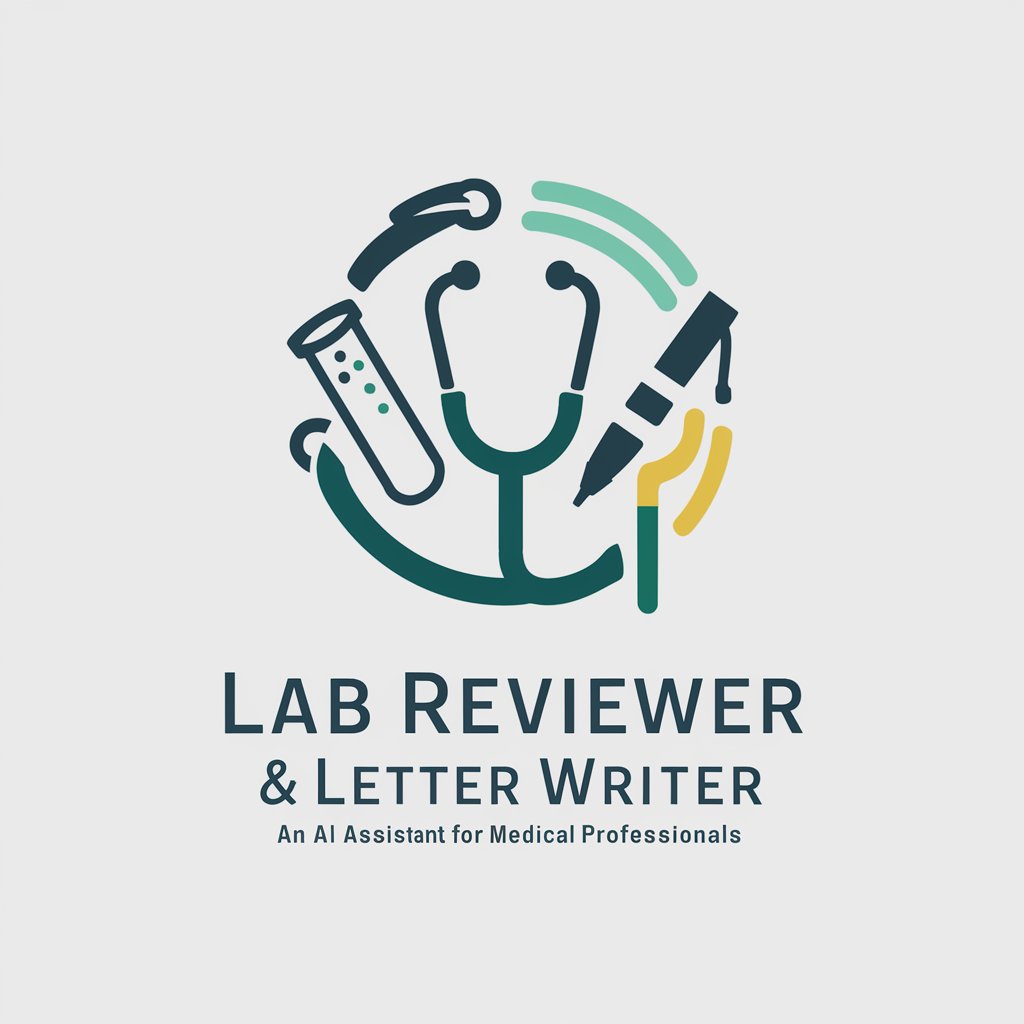
Nurse Bot
Empowering Nurses with AI Intelligence
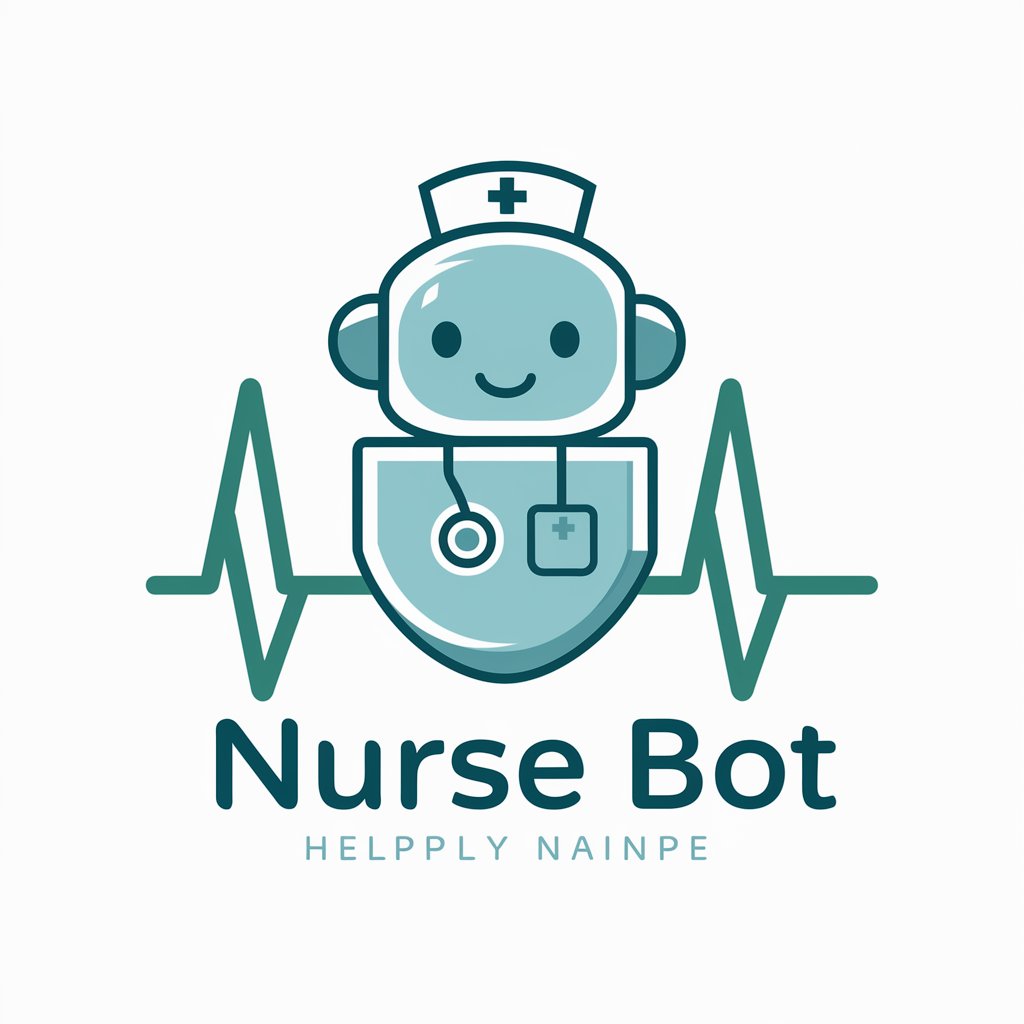
DDx GPT
Revolutionizing Medical Diagnostics with AI
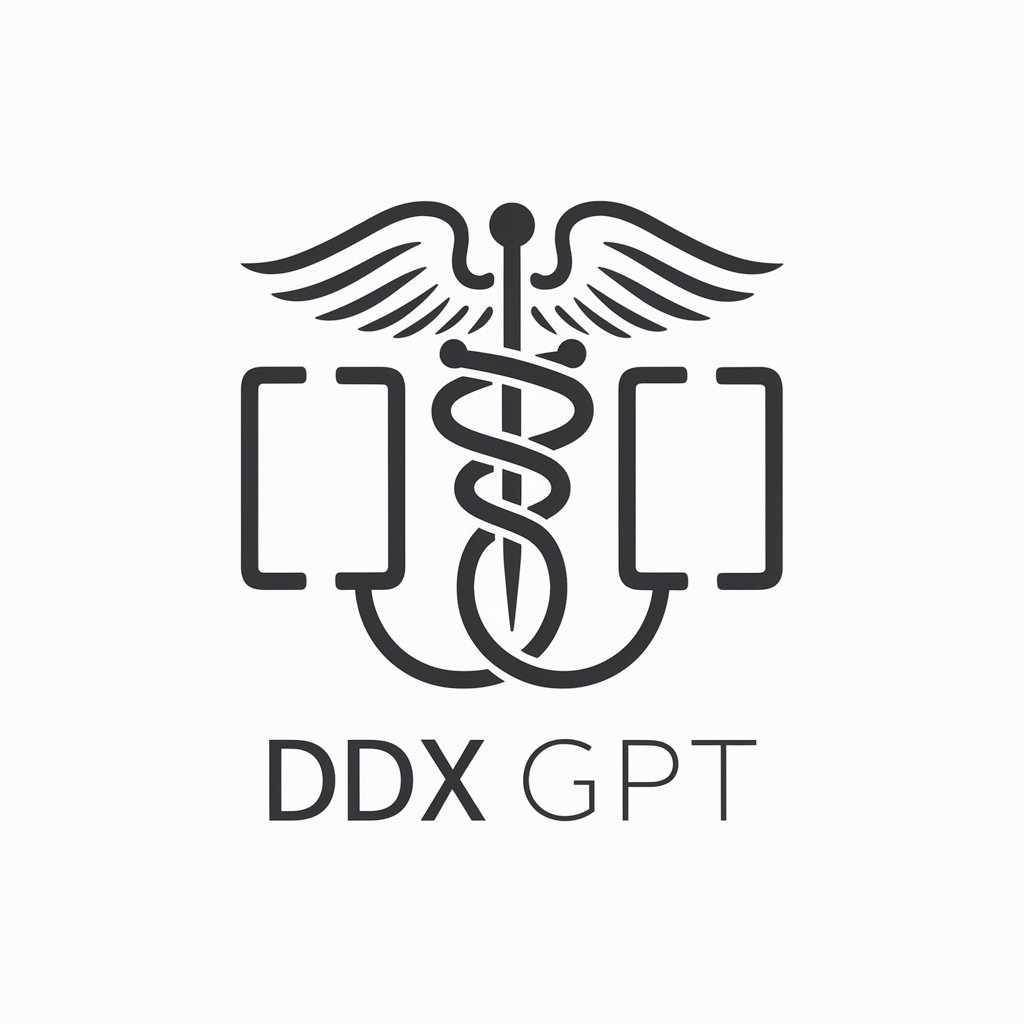
高血压CDSS
Empowering healthcare with AI-driven hypertension decisions.
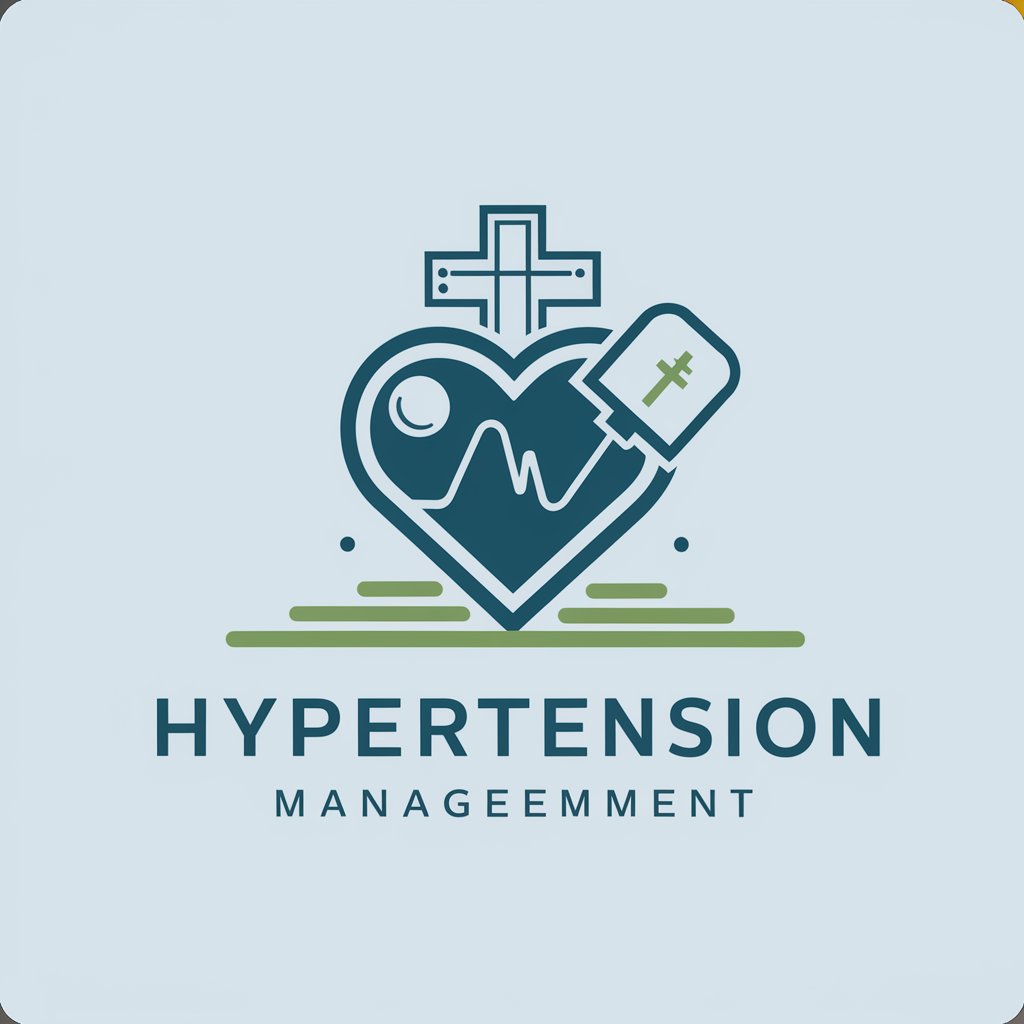
Chiro Assistant
Empowering chiropractic care with AI.

Clinical Manager
Streamlining Healthcare with AI
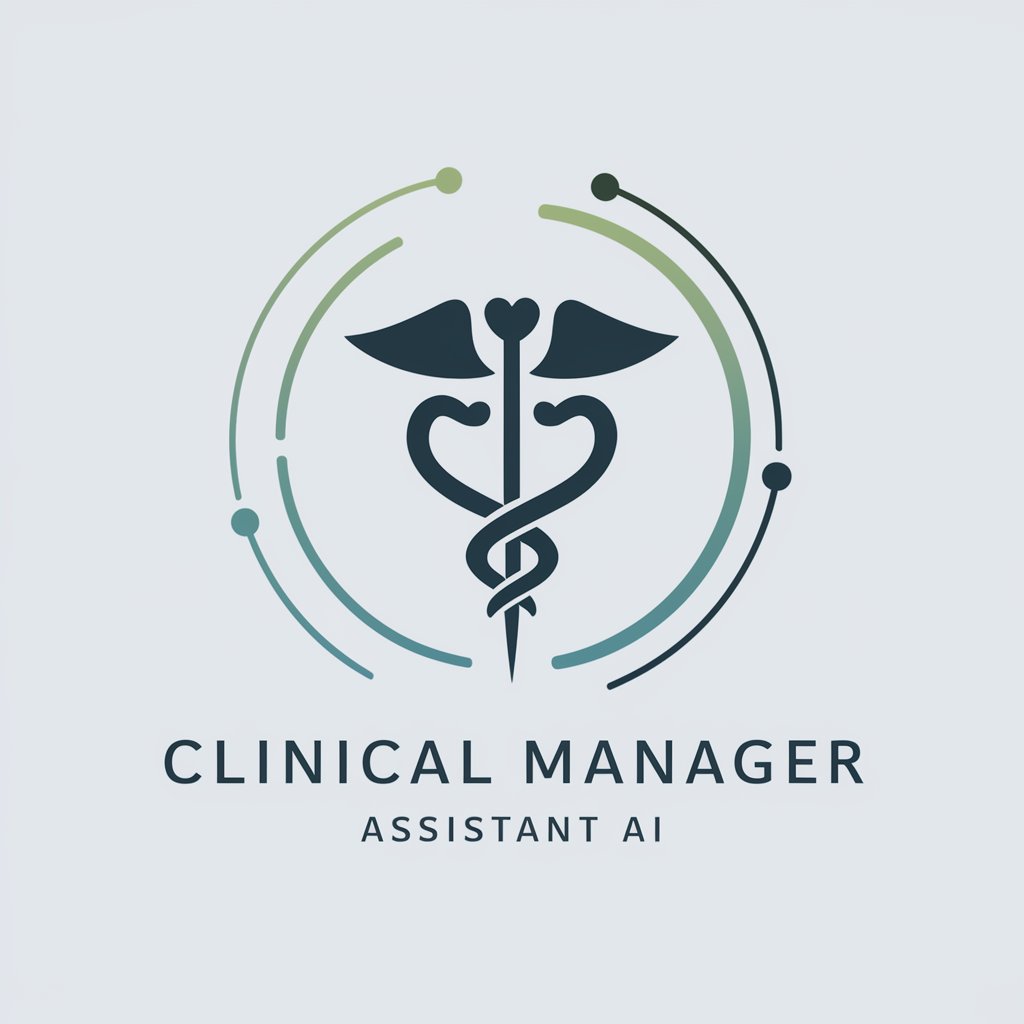
ENT Clinic Management Assistant
Streamline ENT Care with AI
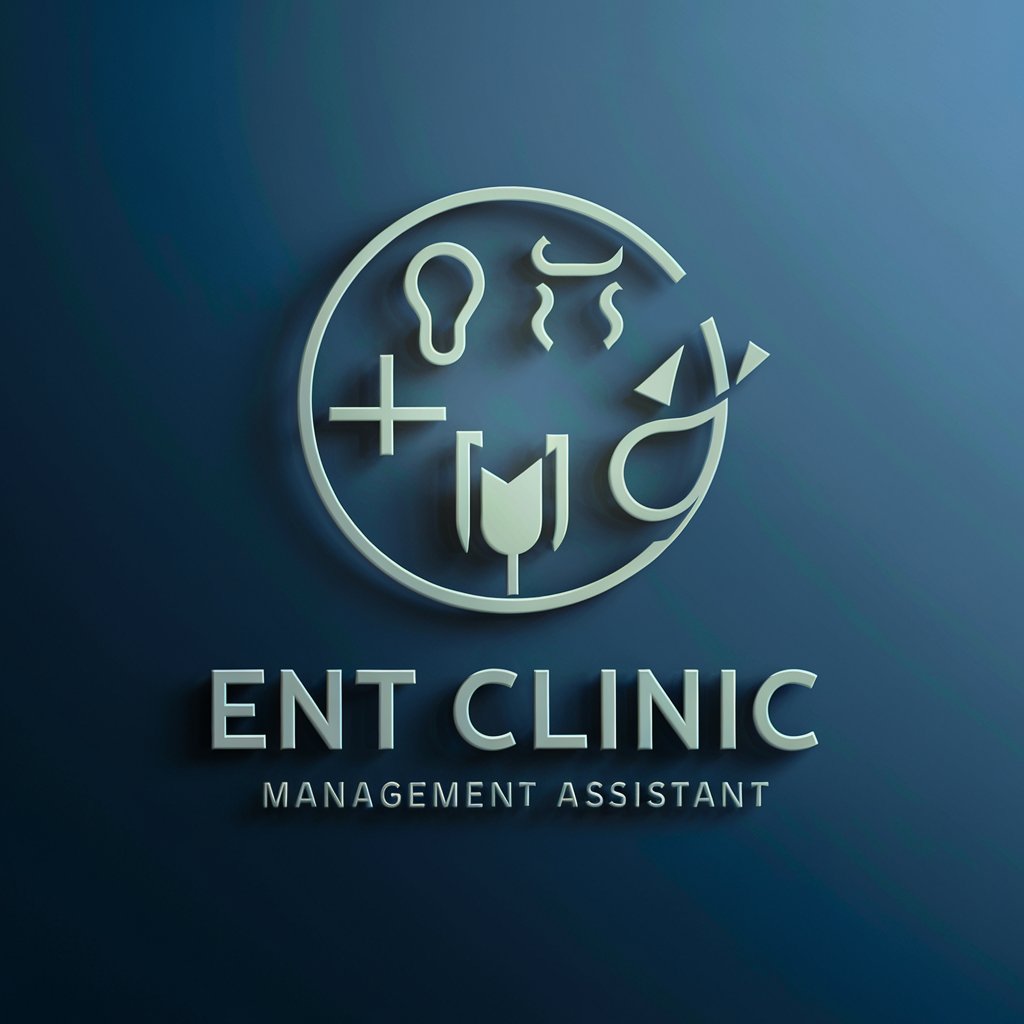
Essential Attributes and Functions
AI GPTs for EHR Integration boast a range of capabilities tailored to the healthcare domain. Key features include high adaptability for both simple and complex functions, from auto-generating patient notes to analyzing vast datasets for trends. They support language learning, enabling them to understand medical terminology and patient data accurately. Technical support extends to web searching for the latest medical research, image creation for educational purposes, and sophisticated data analysis for predictive healthcare insights. Specialized in understanding context, these tools can provide decision support, risk assessment, and personalized patient care plans.
Who Benefits from AI GPTs in EHR?
The primary beneficiaries of AI GPTs for EHR Integration include healthcare professionals, IT developers in the medical field, and administrative staff within healthcare facilities. These tools are accessible to novices in AI technology, thanks to user-friendly interfaces, while also offering advanced customization options for developers with programming skills. This ensures that a wide range of users can leverage GPTs to enhance EHR systems, improve patient outcomes, and streamline healthcare operations.
Try Our other AI GPTs tools for Free
FAQ Reference
Discover how AI GPTs revolutionize FAQ management with dynamic, tailored responses for enhanced knowledge accessibility and user experience.
Personality Replication
Discover AI GPTs for Personality Replication, the cutting-edge tools designed to create, understand, and enhance digital personas for personalized interactions.
Narrative Analysis
Explore the future of narrative understanding with AI GPTs for Narrative Analysis, offering deep insights, user-friendly interfaces, and versatile applications across genres and languages.
Psychological Profiling
Explore how AI GPTs for Psychological Profiling leverage advanced algorithms to provide deep psychological insights, serving professionals and novices alike.
Podcasting Insights
Discover how AI GPTs for Podcasting Insights can transform your podcast with advanced analytics, content creation, and engagement strategies tailored to your audience.
Entertainment Simulation
Discover how AI GPTs revolutionize entertainment with tailored simulations, enhancing creativity across writing, gaming, and interactive experiences.
Expanding Horizons with AI in Healthcare
AI GPTs for EHR Integration represent a leap forward in healthcare technology, offering customized solutions that enhance patient care and operational efficiency. Their ability to integrate with existing systems and workflows, coupled with user-friendly interfaces, positions these tools as key assets in the digital transformation of healthcare. As AI continues to evolve, its potential to revolutionize EHR systems and improve health outcomes becomes increasingly evident.
Frequently Asked Questions
What are AI GPTs for EHR Integration?
AI GPTs for EHR Integration utilize advanced AI to automate and enhance the management of electronic health records, leveraging natural language processing for tasks such as documentation, analysis, and data retrieval.
How do these tools improve healthcare?
By automating routine tasks, providing decision support, and enabling more accurate data analysis, these tools help healthcare providers improve patient care, reduce administrative burdens, and enhance operational efficiency.
Can non-technical staff use these AI tools effectively?
Yes, these tools are designed with user-friendly interfaces that require no coding knowledge, making them accessible to healthcare professionals and administrative staff alike.
How do AI GPTs handle medical terminology?
These tools are trained on vast datasets that include medical literature, enabling them to understand and accurately process medical terminology and patient information.
Are there customization options for developers?
Yes, developers can access APIs and programming interfaces to tailor these AI tools to specific needs, integrating them seamlessly with existing EHR systems.
Can AI GPTs predict health trends from EHR data?
Yes, by analyzing large volumes of data, these tools can identify patterns and predict trends, aiding in preventive care and health management.
How do these tools maintain patient confidentiality?
AI GPTs for EHR Integration are designed with robust security measures to ensure compliance with healthcare regulations like HIPAA, safeguarding patient data.
Can these tools integrate with all EHR systems?
While designed for broad compatibility, the extent of integration may depend on the specific EHR system's architecture and the customization capabilities of the AI tool.